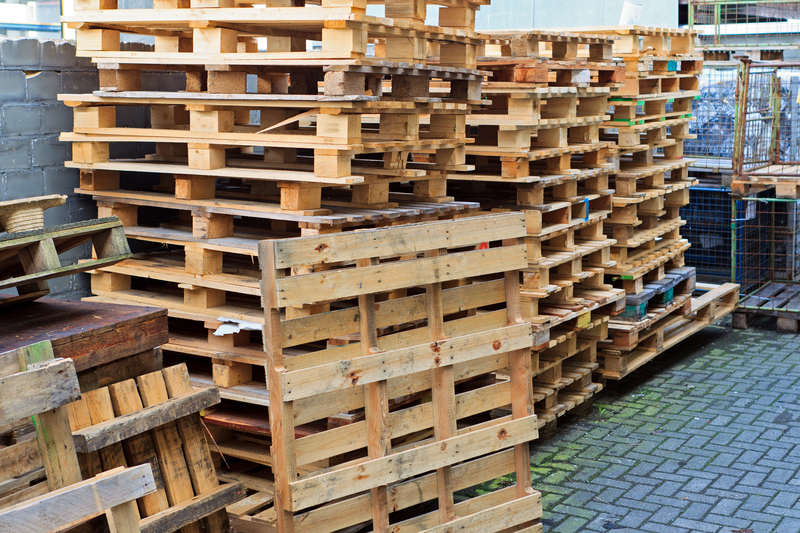Reduce Environmental Impact with Home Waste Tips
Posted on 07/02/2025
Reducing your environmental impact begins at home, and one of the most effective ways to contribute to a healthier planet is by managing your household waste responsibly. Here we provide some practical tips to help you reduce, reuse, and recycle more effectively in your daily life.
The Importance of Waste Reduction at Home
Home waste is a significant contributor to environmental pollution. From food scraps to plastic packaging, the waste generated in households often ends up in landfills or oceans, harming wildlife and releasing greenhouse gases. By adopting mindful waste management practices, you can minimize your ecological footprint and promote sustainability.

Tip 1: Recycle Properly
Recycling is one of the simplest ways to manage waste, but it must be done correctly:
- Sort your recyclables: Ensure paper, glass, plastic, and metal items are clean and separated.
- Avoid contamination: Food-soiled items should not be recycled, as they can contaminate the entire batch.
- Be informed: Check local recycling guidelines, as they can vary by region.
Tip 2: Compost Organic Waste
Composting is a natural way to recycle organic waste, turning kitchen scraps into nutrient-rich soil:
- Set up a compost bin: Whether you have a garden or a small balcony, a compost bin can fit any space.
- Know what to compost: Fruit and vegetable peels, coffee grounds, and eggshells are compostable. Avoid meat, dairy, and oily foods.
- Maintain balance: A good compost pile consists of green (nitrogen-rich) and brown (carbon-rich) materials.
Tip 3: Reduce Single-Use Plastics
Single-use plastics are a major pollutant. To limit your plastic waste:
- Use reusable bags, bottles, and containers: Opt for durable, washable items instead of disposables.
- Avoid individually packaged products: Choose bulk items or those with minimal packaging.
- Support plastic-free initiatives: Patronize businesses that prioritize sustainable packaging.
Tip 4: Mindful Purchasing
Being a conscious consumer can significantly reduce waste:
- Buy only what you need: Overbuying often leads to spoilage and waste.
- Choose sustainable products: Opt for items made from recycled materials or sustainable sources.
- DIY cleaning products: Reduce chemical waste and packaging by making your own household cleaners.
Some Additional Tips to Consider
- Repair and Repurpose: Before throwing items away, consider if they can be repaired or repurposed.
- Donate Unused Items: Clothes, electronics, and furniture in good condition can be donated rather than discarded.
- Participate in Local Clean-Up Efforts: Engaging in community clean-up activities can help manage waste pollution locally.
Pros and Cons of Home Waste Reduction
Pros:
- Environmental Benefit: Reduces pollution and conserves natural resources.
- Health Improvement: Less waste means fewer pollutants and toxins entering the air and water.
- Economic Saving: Buying less and reusing more can save money.
Cons:
- Time-Consuming: Sorting waste and maintaining compost requires effort and consistency.
- Space Requirements: Proper waste management might need additional space for recycling bins and composting.
- Initial Cost: Investing in reusable products or a compost bin can have an upfront cost.

Takeaways
1. Proper waste management at home stands crucial for reducing our environmental impact.
2. Recycling, composting, reducing single-use plastics, and mindful purchasing are vital steps.
3. The efforts might demand time and space, but the long-term benefits outweigh the inconveniences.
Conclusion
Adopting these home waste reduction tips is a meaningful step towards a sustainable future. While it may take some effort to implement these practices, the rewards for the environment, our health, and our economy are substantial. Remember, every small action counts, and together, we can make a significant impact.



